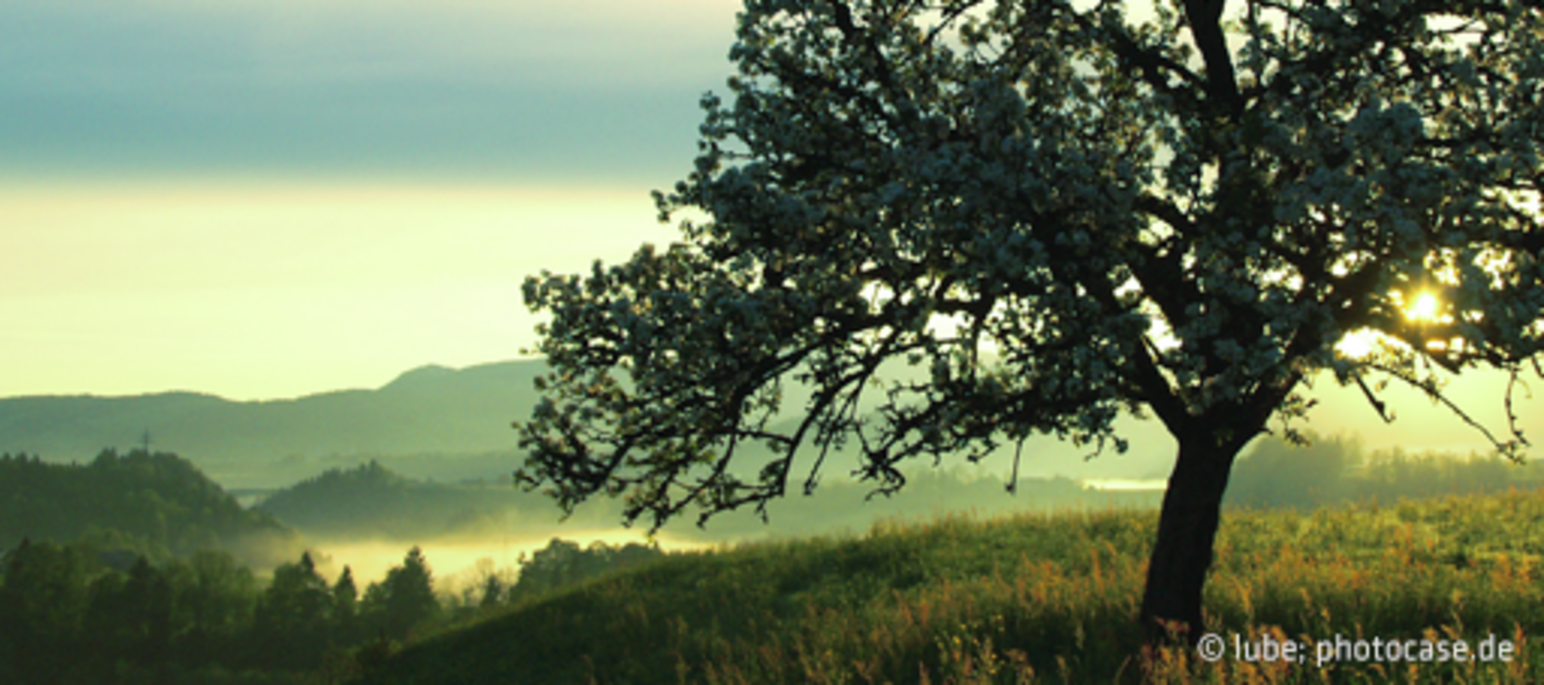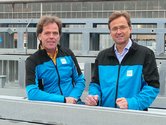In an interview
In an interview the grandsons of the company’s founder Hans Wiegel, Alexander and Michael Hofmann, the third generation to manage the WIEGEL Group as proprietors and directors, explain the reasons for their company’s commitment to environmental issues:
Question: Wiegel is frequently described by others as a pioneer and role model in environmental protection when it comes to hot-dip galvanization of steel. How did Wiegel embark on this path?
“In the 1980s, the first major environmental law on air quality control was passed in Germany. Wiegel – as a rather small group of companies of regional importance at the time – was one of the few to take this seriously right from the outset: hot-dip galvanizing plants were amongst the most polluting factories that existed back then. It was clear to us that this situation could not continue for much longer, and any family-run company taking a long-term view must have seen things the same way, really. Today it is referred to as ‘sustainability’, but that’s nothing new.
Our main plant at our corporate headquarters in Nuremberg was rather dated and needed to be replaced. Unfortunately, clean and sustainable processes and plants were completely unknown in the industry at the time. We launched a pilot project in cooperation with the Bavarian Environmental Protection Agency in Munich and simply developed our technologies ourselves.
In 1990 we built a big new 15.5 m hot-dip galvanizing plant on the edge of the city centre of Nuremberg, with the first completely enclosed and sealed working areas and closed-loop systems as well as the latest technologies and innovations. After overcoming a few teething problems, it soon became clear to us that not only had we successfully solved the most urgent environmental problems when it came to air pollution control, but had also achieved much more: safety and cleanliness, working conditions, as well as efficiency and productivity and value retention of the new and very expensive facilities had been improved by orders of magnitude. The solution to the ecological problems also gave us a decisive economic advantage.
Right after that, we built another medium-size plant of the same type with a 7 m long galvanizing kettle in Breitengüßbach, near Bamberg, in 1991. This laid the innovative groundwork for the truly remarkable development of the company.
In other words, directly overcoming the challenges facing environmental protection in terms of ecological AND economic improvements is one of the key foundations of our continued success.”
Question: Short-term great success is all well and good, but it is generally much harder to stay on course and maintain such success in the long term. How did Wiegel manage to achieve this?
“First of all, by systematically implementing our initial successes. We achieved this by replacing obsolete plants with new plants in the former West German Länder and by building several new plants in the new Länder. In addition, we invested early in Czechia, which adopted a completely new course after the fall of the Iron Curtain.
But at the same time, we continued to consistently develop the business. We have never been satisfied to rest on our laurels. For us, getting better has always taken precedence over growing bigger! We switched our production to a process that is free of waste water and took a close look at our processes and the media we use and optimised them, created closed-loop cycles, turned waste into recyclable materials, and minimised emissions, saving increasing amounts of feedstock and energy, as a result of which we have continuously improved our efficiency and performance.
We have consistently adhered to both principles: implementation and development.
Also, we invested almost all the money we earned in further improvements and new, clean and efficient facilities. This enabled the Wiegel Group to grow to about eight times the size it was before the founding innovation in 1990 – all from its own funds.”
Question: What are – in summary – the main reasons for your success?
“In the long-term, we constantly strive to …
- … view challenges, whether they are caused by environmental issues or due to changes in technology and society, not as a burden, but as an opportunity to improve.
- … approach each task with expert understanding, but also with great passion and enthusiasm.
- … stay down-to-earth, take a long-term and socially responsible approach, with honesty and reliability as our core values, putting people first and taking our employees, customers and suppliers as well as all other business partners seriously and acting fairly.
- … offer our employees good and safe jobs. Safe in two senses: secure and not dangerous, because we attach just as much importance to occupational health and safety as we do to environmental protection.”
Question: And what does the future hold?
“We aim to continue our successful course! We want to constantly improve – for a better future – economically and environmentally aware.
In a few years – before the expiry of the transitional period for the new industrial emissions Directive, which calls for compliance with the current state of the art at all times – we will already have retrofitted all of our existing plants so that they meet the standards for new installations or will have completely replaced them with new plants. This is the best possible way to safeguard our future.
Thank God our world is always full of change, of challenges and thus of opportunities just waiting to be taken, with understanding, with heart and soul, and with pleasure, because: it’s fun to be successful and enjoying what you do leads to success.”
Question: And what would you recommend – from your experience – to other companies?
“That’s simple! Go your own way, like we went ours, as described above. Take responsibility for your company, your employees and beyond that for our environment and our society. You can achieve great success with this approach, and make an important contribution, not just for yourself, but also for our society and our environment – and that’s fun.”

